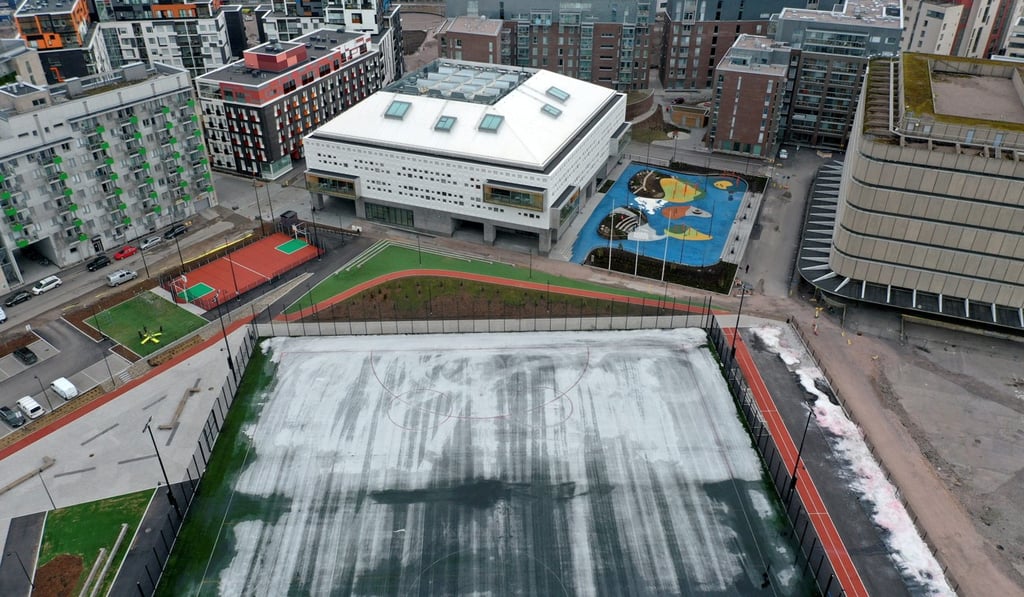Coronavirus closes down the world: how seven different cities are responding
- The streets are eerily quiet in some of the world’s biggest cities, and in some places shoppers have been stripping the shelves bare
- A family that escaped from Hubei province became pariahs in the small city in eastern China where they live and work

Covid-19 has spread to more than 140 countries, changing the everyday lives of people all around the world. Seven South China Morning Post journalists in seven cities across four continents share their experiences.
Keegan Elmer, from Beijing to Helsinki
When my children and I left Beijing for Helsinki in early February, case numbers in the Chinese capital were rising by the dozen daily, while Finland only had one confirmed case.
Beijing had closed the schools and my oldest daughter had just begun online classes as we left for Finland. To this day, her school and others have yet to resume classes on site.
Now, Finland’s cases are rising by the dozen, and the Finnish government announced on Monday night that schools were to close and the nation’s borders would shut as well.
All appeared calm when we arrived in the capital of Helsinki.
We had a scare later on, however, when my oldest daughter’s former elementary school, just a few kilometres from our home in the Finnish capital, quarantined hundreds of students after their classmate came back from a skiing holiday in Italy, now host of the largest outbreak outside China.

Finland is known throughout Europe as home to its most composed, even stoical, people, but I did observe the first signs of panic buying last weekend. In Beijing, most food is delivered to the door, but in Finland, we still rely on visits to the grocery store even as virus prevention measures intensify. There have been no long queues, but toilet paper had disappeared from the shelves of our local shops from time to time.